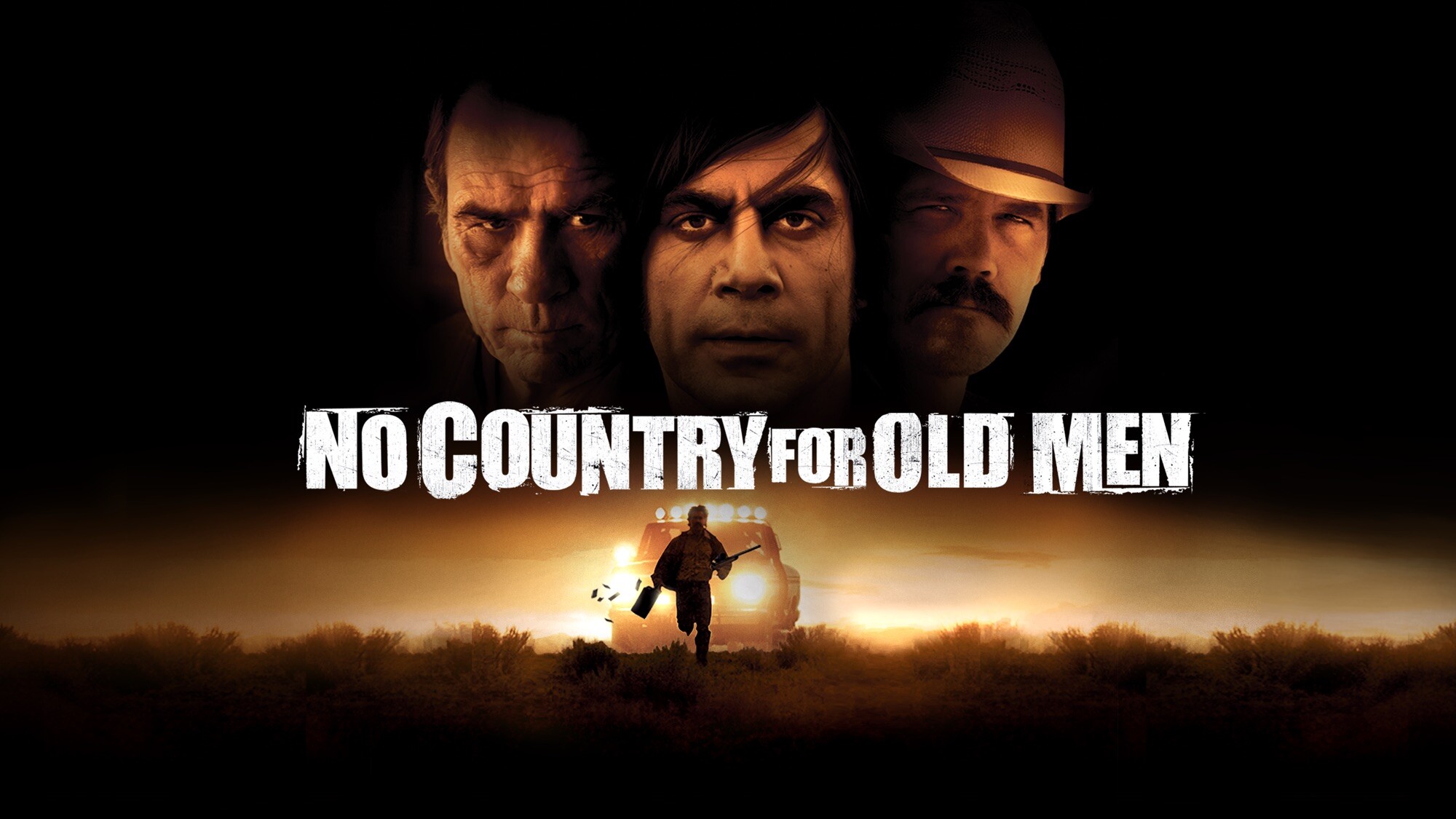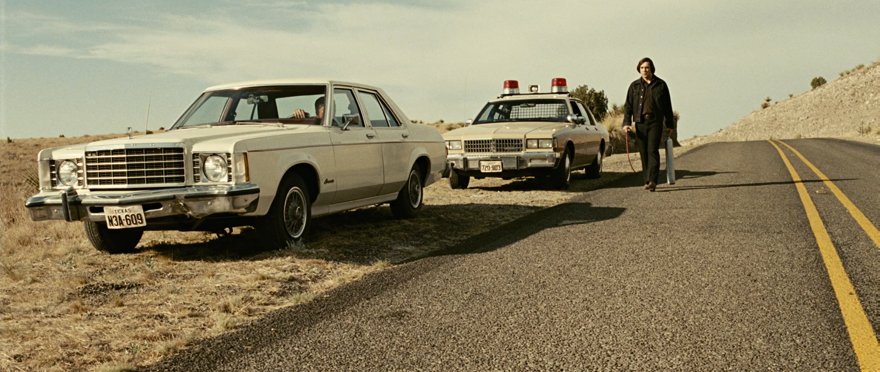In the sun-bleached deserts of West Texas, Llewelyn Moss stumbled upon the aftermath of a brutal drug deal gone wrong—bullet-riddled bodies, abandoned trucks, and a leather satchel containing two million dollars in cash. It was a chance to change his life forever, and he took it without hesitation. But the moment he walked away with the money, a chain of violence began that could not be undone. Somewhere out there, Anton Chigurh—a relentless hitman with a captive bolt pistol and a twisted moral code—was coming for him. Chigurh didn’t just kill for the money; he killed to restore a balance only he understood.

Sheriff Ed Tom Bell, a lawman of the old school, watched the rising tide of violence with weary eyes. The crimes he saw now were darker, crueler, and more senseless than anything he had known in his decades of service. Tracking Moss and Chigurh across the barren landscape, Bell found himself questioning whether the world had moved beyond men like him. Each crime scene was a grim monument to the brutality spreading through his county—cold bodies in motel rooms, blood pooling under neon signs, the smell of death carried by the desert wind.
Moss, meanwhile, fought to stay one step ahead. He left false trails, switched motels, and carried his rifle everywhere. But Chigurh was always close, an almost supernatural presence whose coin-flip philosophy decided whether his victims lived or died. Every time Moss thought he’d found safety, Chigurh’s shadow loomed again—at a gas station, down a hallway, in the silent moments before sleep. The chase wasn’t just physical; it was psychological, a slow, suffocating squeeze that left Moss questioning his own endurance.

In the film’s chilling climax, fate proved as merciless as Chigurh himself. Lives were claimed not in cinematic duels, but in abrupt, cruel moments, as if destiny had no interest in justice or closure. Chigurh walked away from the carnage, battered but alive, while Sheriff Bell stood on his porch at dawn, staring into the quiet horizon. He spoke of dreams—of his father, of a fire burning in the darkness—uncertain whether they were a promise or a warning. In No Country for Old Men, the West isn’t a place of heroes and legends anymore; it’s a land where morality bends, violence thrives, and survival belongs to those who can accept the coin toss without fear.


